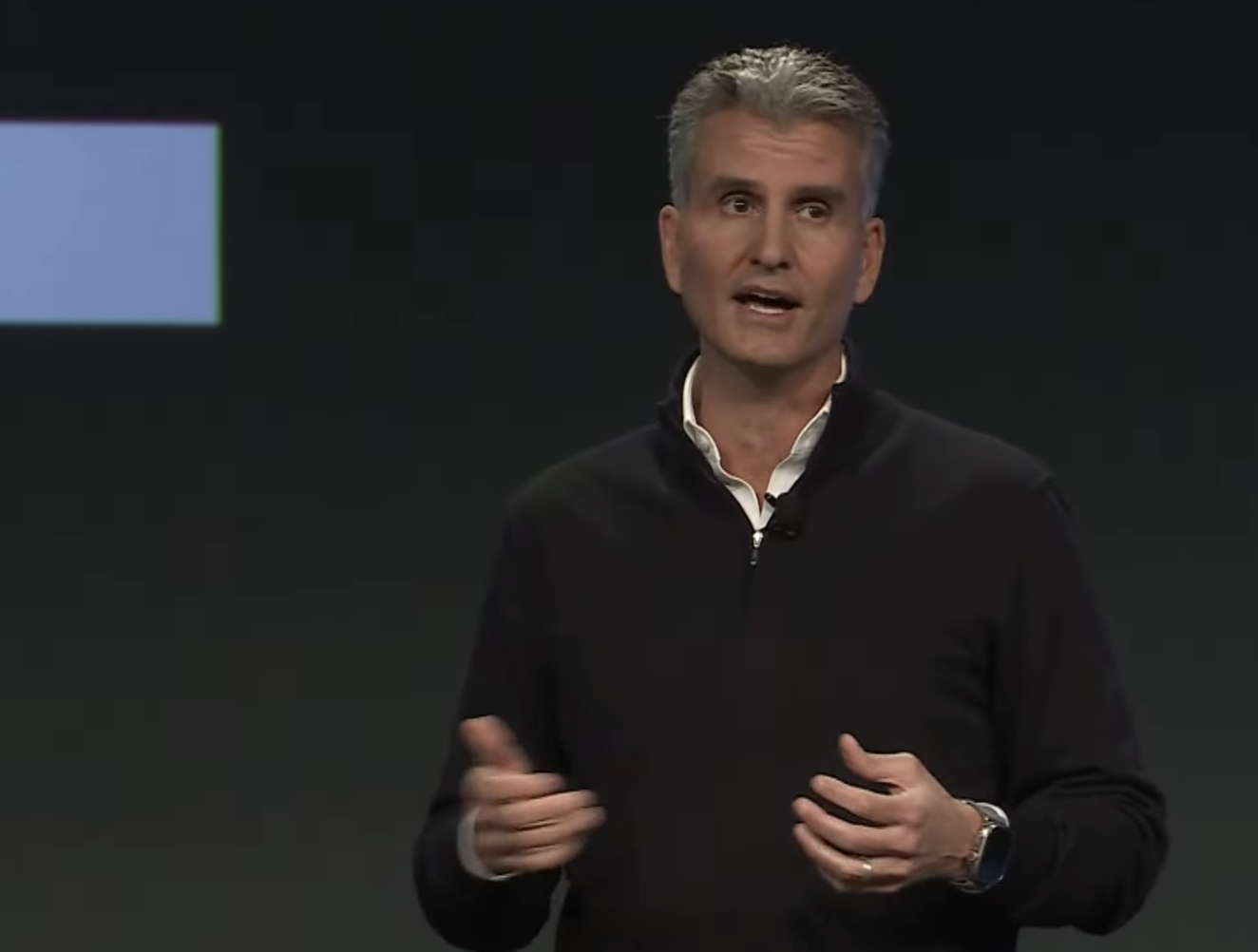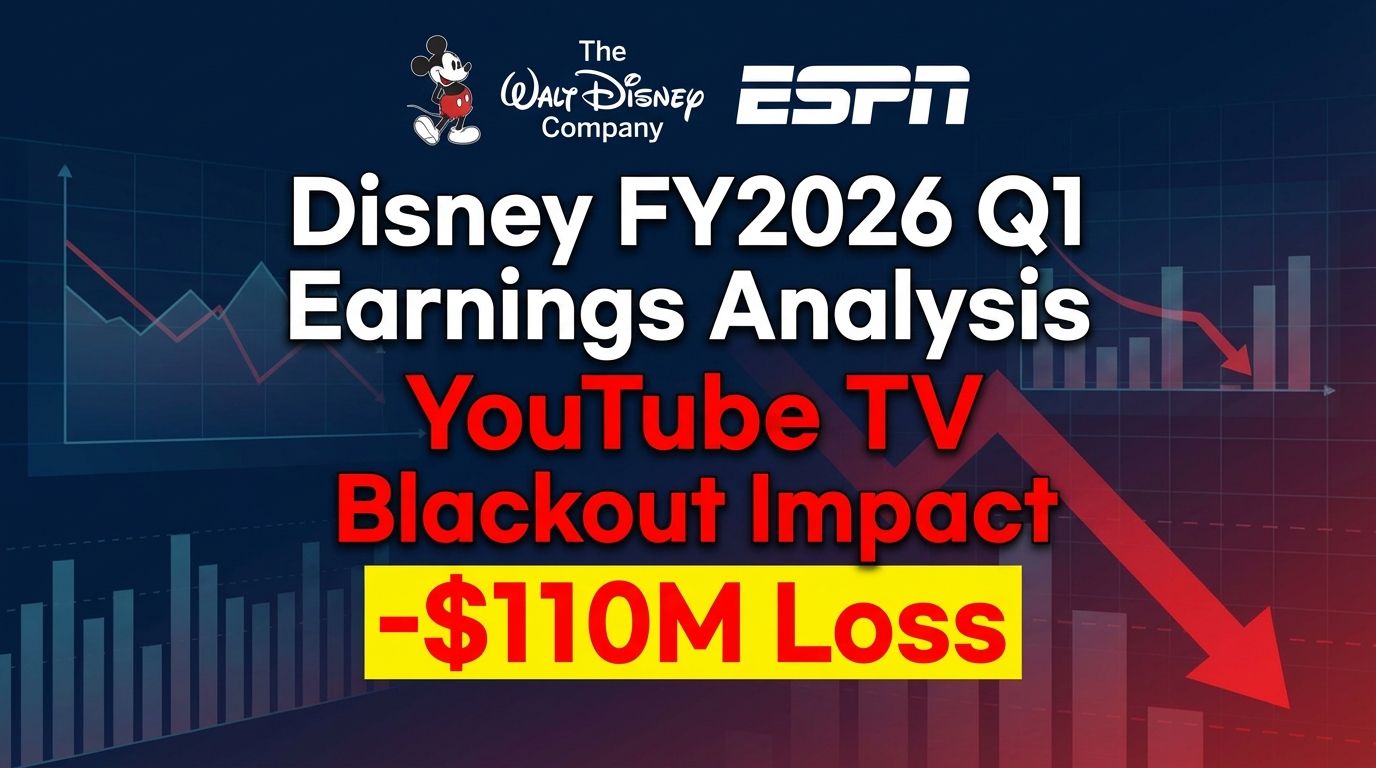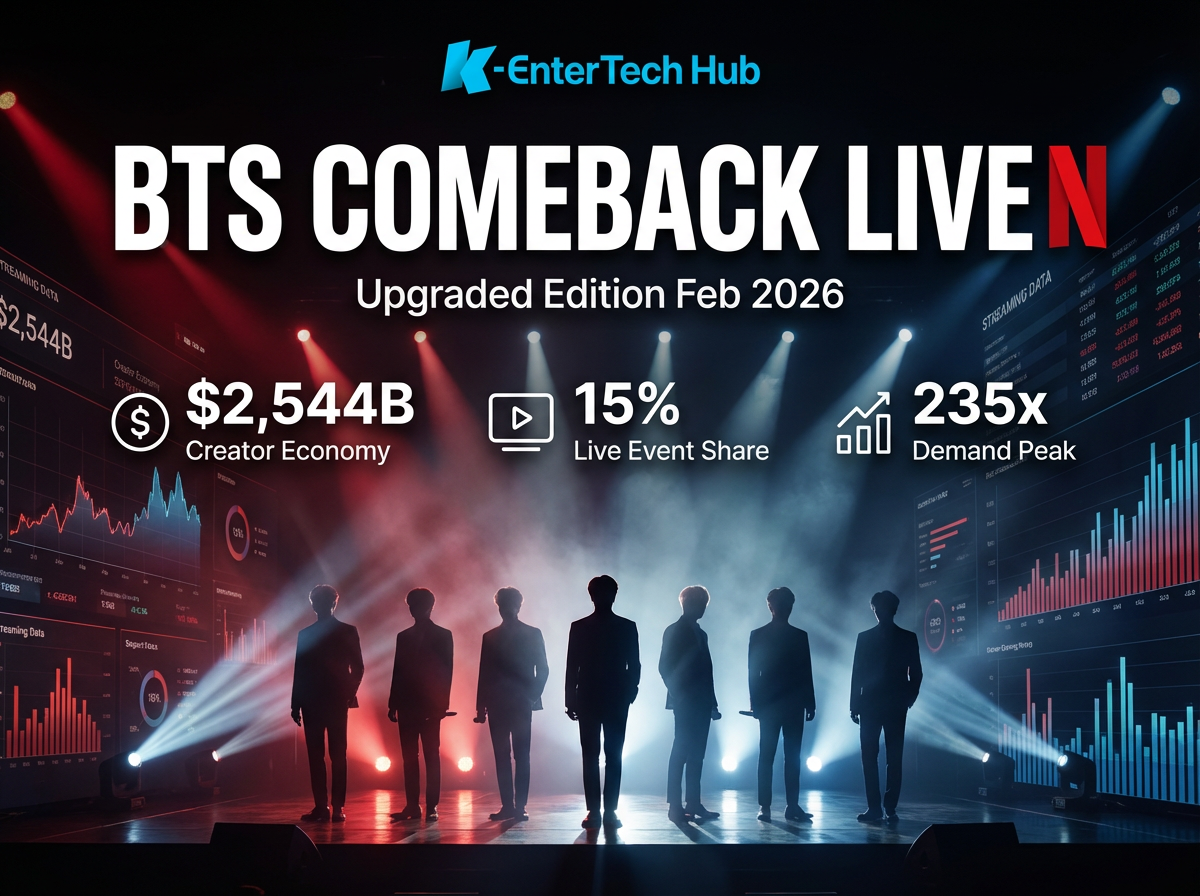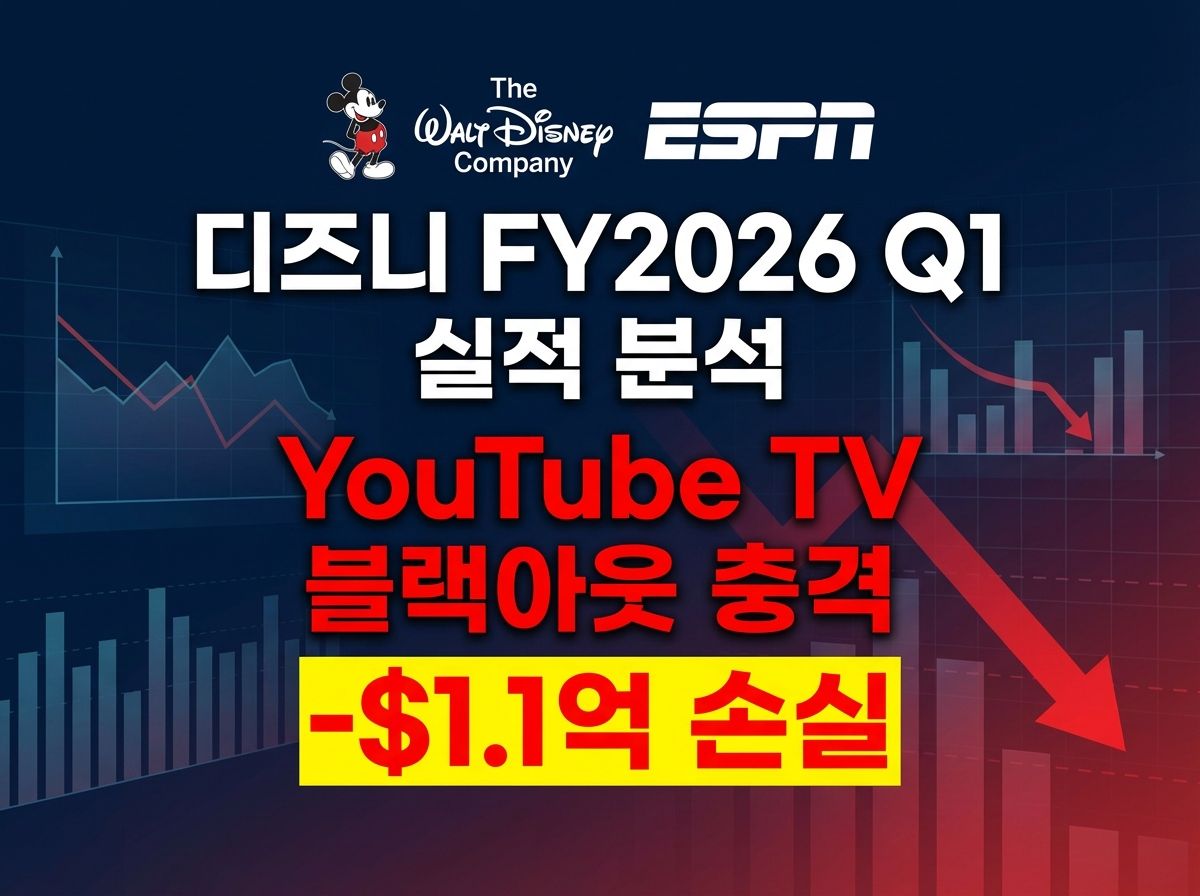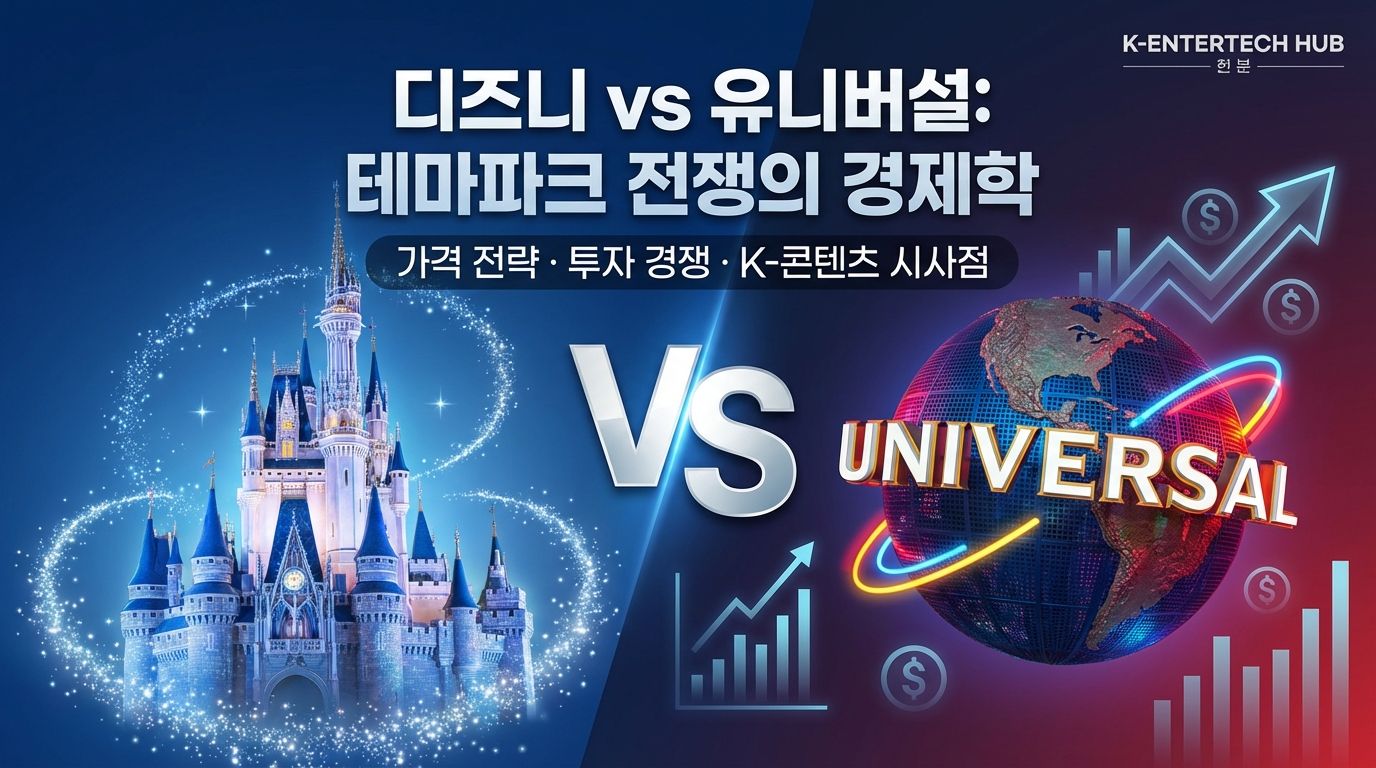Netflix, Apple Sweep Emmys, Threaten HBO's Crown... "New Prestige TV Powerhouses Emerge"
넷플릭스·애플, 에미상 52개 석권...HBO 독점 시대 막 내려
젊은 층 "3시간 시상식 NO, 3분 하이라이트 YES"...유튜브 클립 세대 부상
구글, "오스카도 유튜브로"...할리우드 최고 권위 시상식마저 빅테크 품으로
Young Viewers Watch Awards Shows in Clips, YouTube Eyes the Oscars
Big Tech companies including Netflix and Apple are emerging as the new champions of prestige TV awards shows, threatening even the stronghold of traditional powerhouse HBO. As streaming giants dominate major awards ceremonies like the Emmys, and younger generations shift their viewing patterns to YouTube clips and highlights, the entertainment media landscape is undergoing a fundamental transformation. This represents a paradigm shift where Big Tech is seizing the "crown" of prestige TV and awards shows that once belonged exclusively to broadcasters.
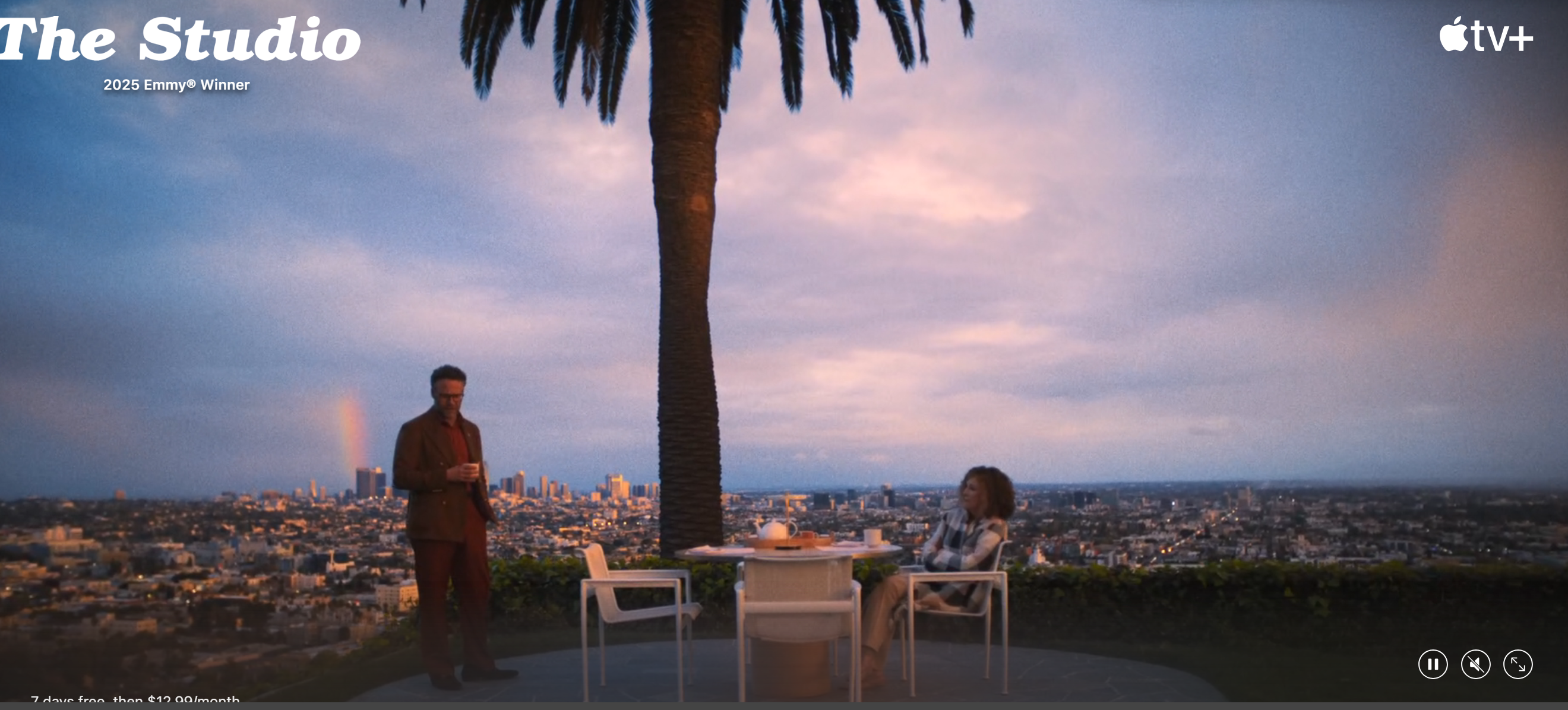
Big Tech's Conquest of Prestige TV
Netflix and Apple have begun claiming new dominance in prestige TV production, overtaking traditional Hollywood studios. At the 77th Primetime Emmy Awards, Netflix secured 30 trophies while Apple garnered 22, clearly demonstrating the industry's shifting power dynamics.
This result is particularly noteworthy as it shakes the fortress of HBO, which has reigned as the gold standard for prestige drama and comedy for decades. While HBO has long dominated the Emmys as synonymous with high-quality content, this year Big Tech companies swept major categories, firing the opening salvo of a power shift.
Awards Tally and Competitive Landscape
Apple TV+'s ambitious "The Studio" dominated with 13 wins, earning the honor of most-awarded show at this year's Emmys. HBO Max's anticipated "The Penguin" settled for second place with 9 wins. This is significant as Apple has managed to stand shoulder-to-shoulder with decades-old HBO just years after launching its streaming service.
Nevertheless, HBO remains a force to be reckoned with. It tied with Netflix at 30 total awards, a remarkable rebound from last year's 14 wins—more than doubling its haul. HBO maintains its important position in the premium content market with blockbusters like "Succession," "The Last of Us," and "House of the Dragon."
Emmy Ratings Bounce Back, But It's Not a Trend
The 77th Emmy Awards attracted over 7.4 million viewers, achieving its highest ratings since 2021. The ceremony, broadcast on CBS and Paramount+, was hosted by comedian and actor Nate Bargatze and saw an 8% increase in viewership compared to last year's ABC broadcast.
The Emmys currently rotate among four major broadcasters—Fox, ABC, CBS, and NBC—each year. The current eight-year broadcast contract expires in 2026, with fierce competition expected for future rights.
According to media analyst Rob Steiner, while the Emmy ratings increase is certainly positive, complete recovery to pre-pandemic levels appears increasingly unlikely. Though viewership that plummeted during the pandemic is slowly recovering, the long-term decline of traditional broadcast TV is a reality that's difficult to reverse.
Looking at the entire 2025 awards season reveals stagnant growth or minimal increases. The 97th Academy Awards drew 19.7 million viewers in March, marking its fourth consecutive post-pandemic high. However, this was just a 1% increase from 2024, far from the explosive growth seen in 2022, and still well below pre-pandemic numbers.
Mixed Results for Other Major Awards Shows
The Golden Globes stalled at 9.3 million total viewers after a remarkable 50% surge in 2024, showing no further growth. The Grammy Awards delivered even more disappointing results, drawing only 15.4 million viewers despite positive reviews and several buzzworthy performances—down 9% from 2024 and 38% from 2016.
While total viewership shows mixed results, hopeful signals emerge elsewhere. The Oscars recorded their highest ratings in six years and saw a 19% increase in the 18-49 demographic share to 4.54 (versus 3.92 in 2024), largely attributed to first-time simultaneous streaming on Hulu.
The Golden Globes and Grammys maintained 2024 levels in the 18-49 demographic (1.8 and 3.9 respectively) through simultaneous streaming. While this year's Emmy demographic numbers aren't yet public, a press release from the Television Academy and CBS noted that Paramount+ viewership increased 76% from 2021.
Young Generation Watches Clips, Not TV
The data's implications are clear. Viewers, especially younger ones, still have the willingness and enthusiasm to watch awards shows—but only when available on platforms other than traditional broadcast.
An August AP-NORC survey reinforces this trend: 61% of adults aged 18-44 reported watching at least one awards show clip in the past year. Like late-night talk shows, younger viewers may not watch entire awards broadcasts but actively consume SVOD streams or highlight videos uploaded to YouTube.
In this context, the idea of exclusively broadcasting the Oscars on YouTube may sound strange but isn't irrational. According to Bloomberg's Lucas Shaw, YouTube has reportedly inquired about Oscar broadcast rights. As the era of traditional broadcast TV wanes, awards shows must seek new ways to connect with audiences through new platforms and formats.
YouTube's emergence is surprising because until recently, Hollywood treated YouTube as a "thieving outlaw." However, YouTube has steadily increased its interest in live events, acquiring NFL Sunday Ticket rights and bidding on other live sports. This week, it even boasted about viewership numbers for the "New Heights" podcast featuring Taylor Swift.
Big Tech Goes to TV
Big Tech's overwhelming success at prestige TV awards like the Emmys, combined with changing viewer behavior, represents more than just streaming companies sweeping awards. It signifies a "revolutionary transformation"—a fundamental shift in the entire media and entertainment industry's landscape and symbolic power.
Younger generations consume awards shows through YouTube and streaming clips rather than traditional broadcasts, with hegemony shifting from linear media like cable and terrestrial TV to digital platforms and Big Tech. With discussions even emerging about exclusively broadcasting the Oscars on YouTube, the prestige, influence, and business structure of awards shows are entering entirely new frameworks.
Big Tech's occupation of prestige TV means "the future of content and platforms, and the very definition of TV itself, is being completely rewritten." Entertainment prestige and viewer choice will increasingly rest in the hands of digital platforms, AI, and global streaming ecosystems—an irreversible trend that's here to stay.
넷플릭스·애플, 에미상 휩쓸며 HBO 위협…"명품 TV 새 강자 부상"
젊은 시청자들, 시상식은 클립(Clip) 시청, 유튜브는 오스카 노린다
넷플릭스(Netflix)와 애플(Apple)을 비롯한 빅테크가 프레스티지 TV(Prestige TV) 시상식의 주인공으로 부상하며, 전통 명가 HBO의 아성마저 위협하고 있다. 에미상 등 주요 시상식에서 스트리밍 공룡들이 두각을 나타내고, 젊은 세대의 시청 패턴은 유튜브 클립, 하이라이트로 이동하는 등 엔터 미디어 지형이 근본적으로 변하고 있다. 한때 방송사 전유물이었던 명품 TV와 시상식의 ‘정상’ 자리를 빅테크가 장악하는 새로운 패러다임의 전환점이다.
빅테크의 프레스티지 TV 정복
넷플릭스(Netflix)와 애플(Apple)이 전통적인 할리우드 스튜디오들을 제치고 프레스티지 TV (Prestige TV) 제작의 새로운 패권을 차지하기 시작했다. 제77회 프라임타임 에미상(Primetime Emmy Awards)에서 넷플릭스는 30개, 애플은 22개의 트로피를 거머쥐며 업계의 판도 변화를 선명하게 보여줬다.
수십 년간 프레스티지 드라마와 코미디의 황금 기준으로 군림해온 HBO의 아성이 흔들리고 있다는 점에서 이번 결과는 특히 주목할 만하다. HBO는 오랫동안 에미상을 지배하며 고품질 콘텐츠의 대명사로 여겨져 왔지만, 올해는 빅테크 기업들이 만든 작품들이 주요 부문을 휩쓸며 권력 이동의 신호탄을 쏘아 올렸다.
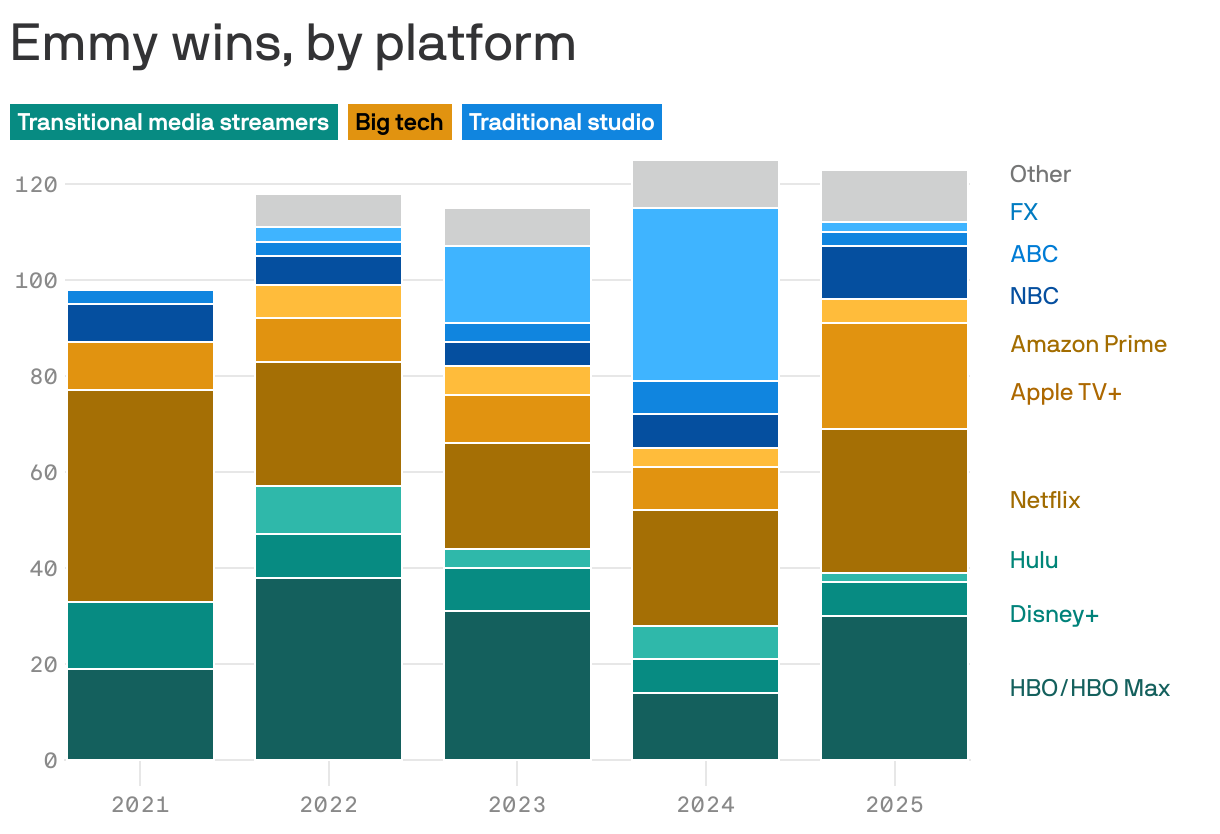
작품별 수상 현황과 경쟁 구도
애플TV+의 야심작 '더 스튜디오(The Studio)'가 13개 부문을 석권하며 이번 에미상 최다 수상작의 영예를 안았다. HBO 맥스(Max)의 기대작이었던 '더 펭귄(The Penguin)'은 9개 수상에 그치며 2위를 기록했다. 이는 애플이 스트리밍 서비스 출시 불과 몇 년 만에 수십 년 역사를 자랑하는 HBO와 어깨를 나란히 하게 됐다는 점에서 의미가 크다.
그럼에도 불구하고 HBO는 여전히 무시할 수 없는 강자다. 총 30개의 상을 획득해 넷플릭스와 공동 1위를 기록했으며, 이는 작년 14개 수상에서 두 배 이상 증가한 놀라운 반등이다. HBO는 '석세션(Succession)', '더 라스트 오브 어스(The Last of Us)', '하우스 오브 더 드래곤(House of the Dragon)' 같은 대작들로 여전히 프리미엄 콘텐츠 시장에서 중요한 위치를 지키고 있다.
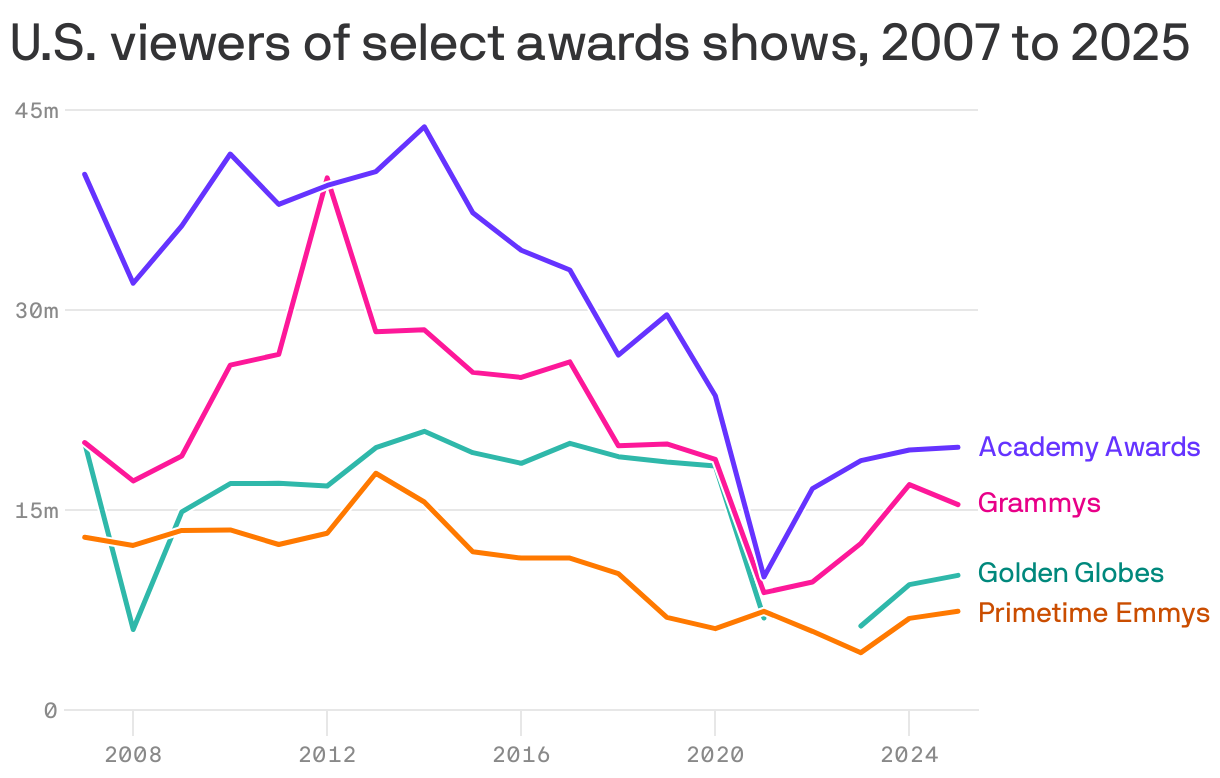
에미상 시청률 반등 긍정적이지만, 추세는 아니야
제77회 에미상 시상식이 740만 명 이상의 시청자를 기록하며 2021년 이후 최고 시청률을 달성했다는 점도 주목할 만하다. CBS와 파라마운트+(Paramount+)를 통해 방영된 이번 시상식은 코미디언 겸 배우 네이트 바르가츠(Nate Bargatze)가 진행을 맡았으며, 2024년 ABC 방송 대비 8% 증가한 시청자 수를 기록했다.



